Ongoing Recovery Support
Stay strong in your recovery journey with continuous support, guidance, and resources near you from Virtue Recovery Center.

What is Ongoing Recovery Support
Ongoing recovery support at Virtue Recovery Center is a comprehensive program designed to help individuals maintain sobriety long after formal treatment ends. This support system provides access to continuous care, including regular check-ins, therapy sessions, and peer support groups, ensuring that individuals have the resources and encouragement they need to navigate the challenges of everyday life. By staying connected to a supportive community, individuals can reinforce their commitment to recovery and build resilience against relapse.
Who is This Program For?
Our Ongoing Recovery Support program is ideal for individuals who:
Key Features and Benefits of Our Ongoing Recovery Support Core Features and Unique Benefits of Ongoing Recovery Support
Ongoing Recovery Support Services
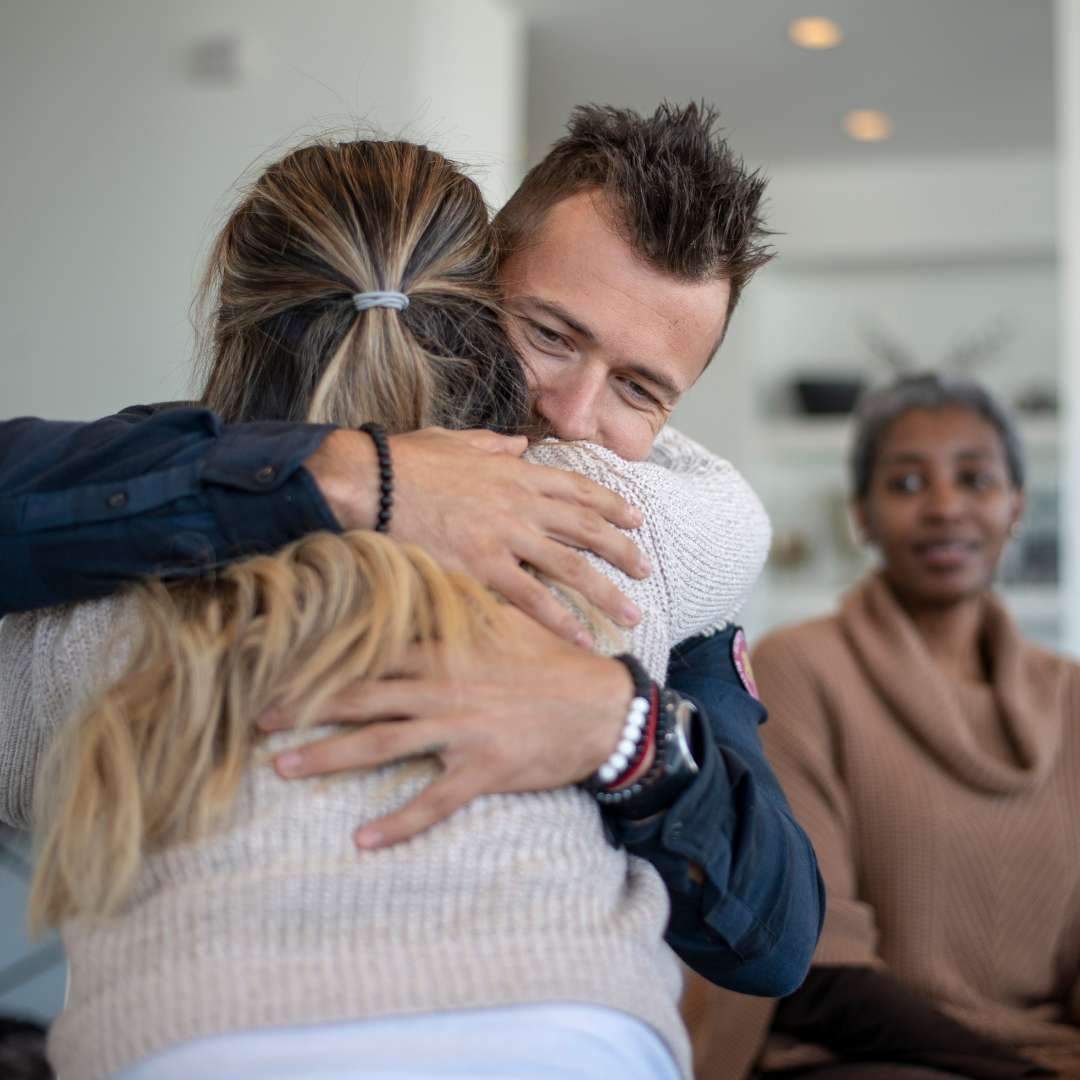
Alumni Program
Our Alumni Program keeps you connected to a supportive community long after treatment ends, fostering lasting relationships and continued growth. Through regular events and reunions, alumni can share their experiences, celebrate milestones, and stay motivated in their recovery journey.

Ongoing Counseling
Ongoing counseling provides continuous therapeutic support to help you navigate the challenges of maintaining sobriety. Regular sessions with experienced counselors ensure that you have the guidance and tools needed to manage triggers and build a resilient recovery.

Peer Support Groups
Peer support groups offer a safe and understanding environment where you can share your experiences and gain strength from others on a similar journey. These groups foster a sense of camaraderie and accountability, helping you stay focused and motivated in your recovery.

Life Skills Workshops
Life skills workshops equip you with practical tools and strategies to manage daily challenges and build a fulfilling, substance-free life. These workshops cover essential topics such as financial management, job readiness, and healthy coping mechanisms, empowering you to thrive in recovery.
Find a Treatment Center Near You
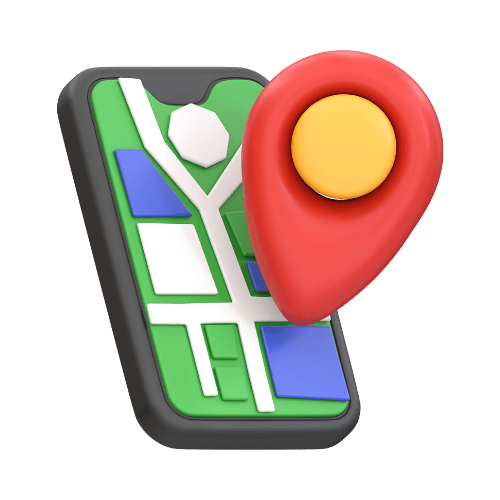
Why Choose Us

Safe and Supportive Environment
Our facilities are designed to be calming and therapeutic, providing a space where clients feel secure and supported.

Integrated Care
Our team collaborates across disciplines to ensure that all aspects of a client's health are addressed, including psychological, emotional, and physical needs.
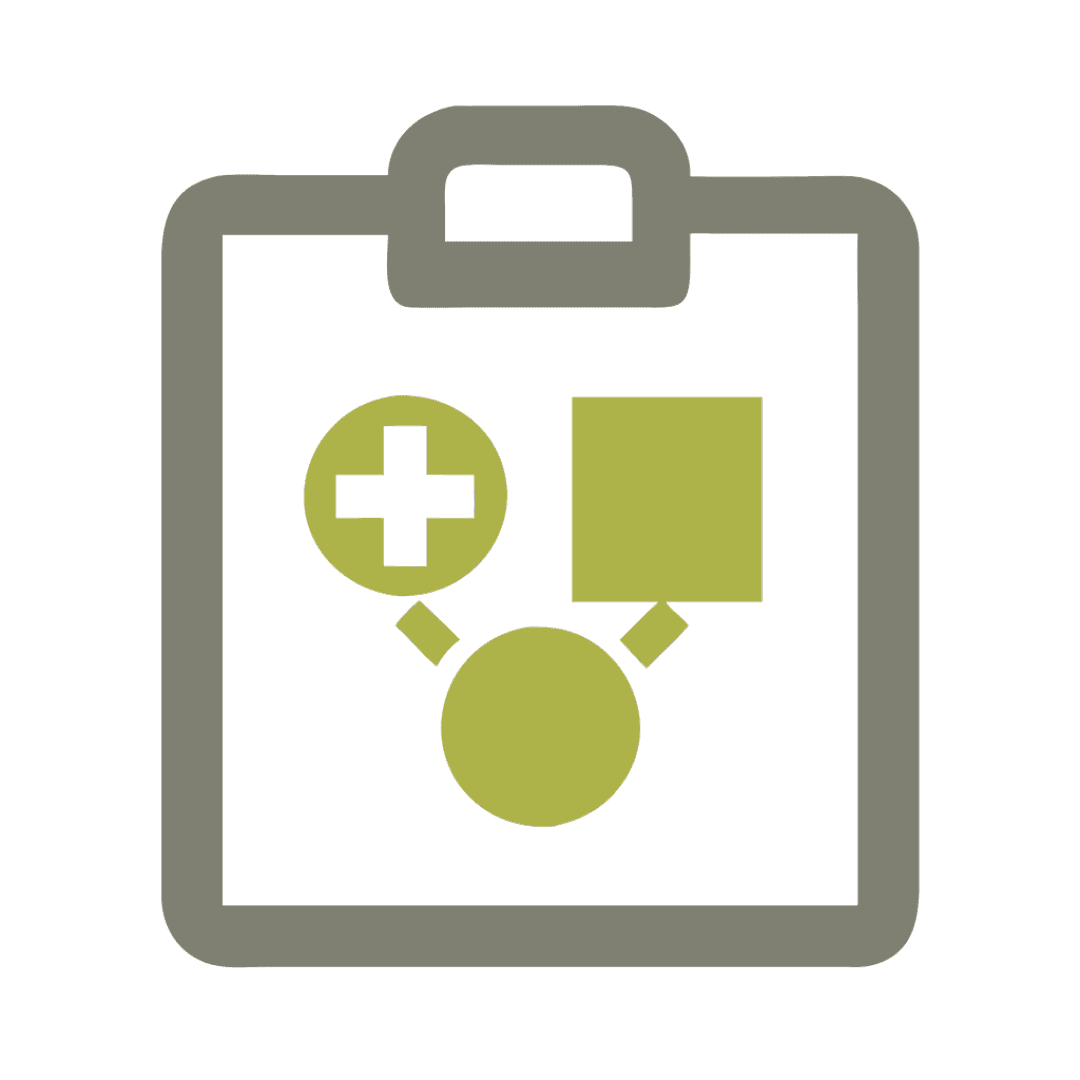
Personalized Treatment Plans
Every individual's treatment plan is tailored to their unique experiences, needs, and recovery goals.
Benefits

Holistic Healing
Address both the root causes of addiction and the underlying trauma to promote comprehensive recovery.

Empowerment
Clients gain skills and strategies to manage trauma-related symptoms and triggers effectively.

Improved Outcomes
Research shows that trauma-informed care can lead to better engagement and longer-lasting recovery.
Client Testimonials
[trustindex data-widget-id=e82c51229324499a3a164430148]
FAQs About Ongoing Recovery Suport
participation varies depending on individual needs. Some people benefit from weekly sessions, while others may find monthly check-ins sufficient. The key is to stay engaged in a way that supports your recovery.
Ongoing recovery support can include counseling sessions, peer support groups, life skills workshops, alumni programs, relapse prevention planning, and community events. These activities are designed to provide continuous encouragement and resources for long-term sobriety.
Coverage for ongoing recovery support varies depending on the insurance plan. It’s advisable to check with your provider or the recovery center to understand what services are covered under your policy.
Ongoing recovery support helps prevent relapse by providing consistent guidance, coping strategies, and a support network. Regular engagement with recovery activities keeps you focused on your goals and helps you manage triggers effectively.
Peer support plays a crucial role in ongoing recovery by connecting individuals with others who have similar experiences. This shared understanding fosters a sense of community, accountability, and encouragement, which can be vital for maintaining sobriety.
Yes, ongoing recovery support programs often offer flexible scheduling to accommodate individuals with full-time jobs or other commitments. The goal is to ensure you can continue your recovery while managing your daily responsibilities.
If you feel like you’re slipping in your recovery, it’s important to reach out for support immediately. Ongoing recovery programs are designed to provide the help you need when challenges arise, so don’t hesitate to contact your counselor or support group.
The duration of ongoing recovery support depends on your individual needs. Some people continue for several months or years, while others may find they need lifelong support. The focus is on maintaining sobriety and adjusting support as needed.
Addiction Help News & Blog
Stay informed with the latest research on drug addiction and recovery, explore stories from those in recovery, and equip yourself with the knowledge to support your journey to healing.
How an Eating Disorder Program Helps Manage Binge-Eating Episodes
Benefits of Exercise in Addiction Recovery and Craving Control
The History of Veterans Day and Its Deeper Fight for Healing
Nutrition Guide: Meal Plan for Addiction Recovery & Sobriety
Our Addiction Treatment Facilities Near You

Virtue Recovery Las Vegas, NV - Corbett
Our luxury inpatient residential / detox facility in Las Vegas, Nevada. Recover in a serene environment with private rooms, private bathrooms, meals catered by professional chefs, ability to use your phone after the 72 hour blackout period, and much more!
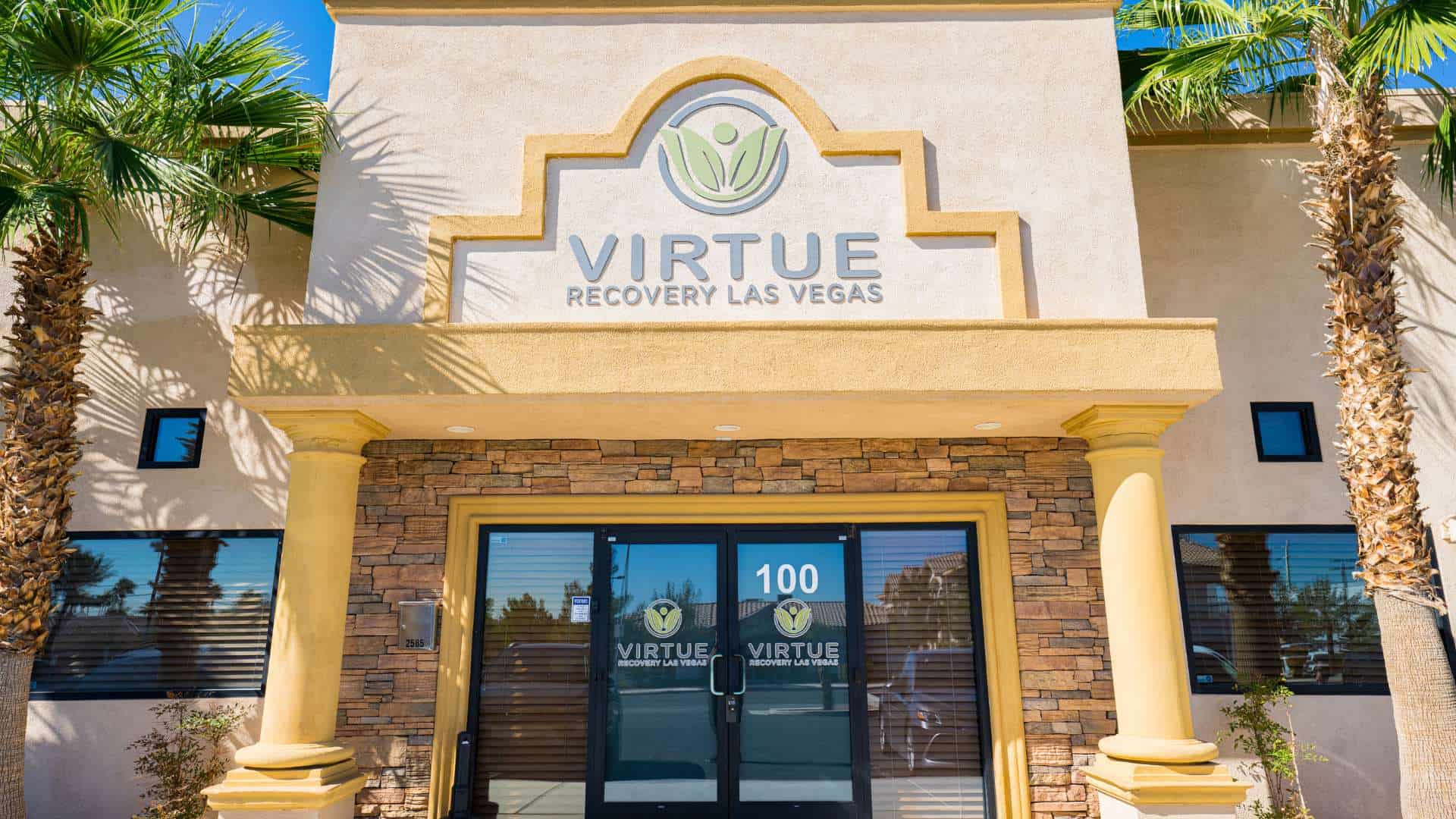
Virtue Recovery Las Vegas, NV - Montessouri
Our Las Vegas outpatient facility offers aftercare, IOP, and PHP with extended hours going from 8am to 8pm to allow clients more flexibility with their treatment. With a culturally sensitive trauma-informed care in a holistic environment clients can recover in an inclusive environment.
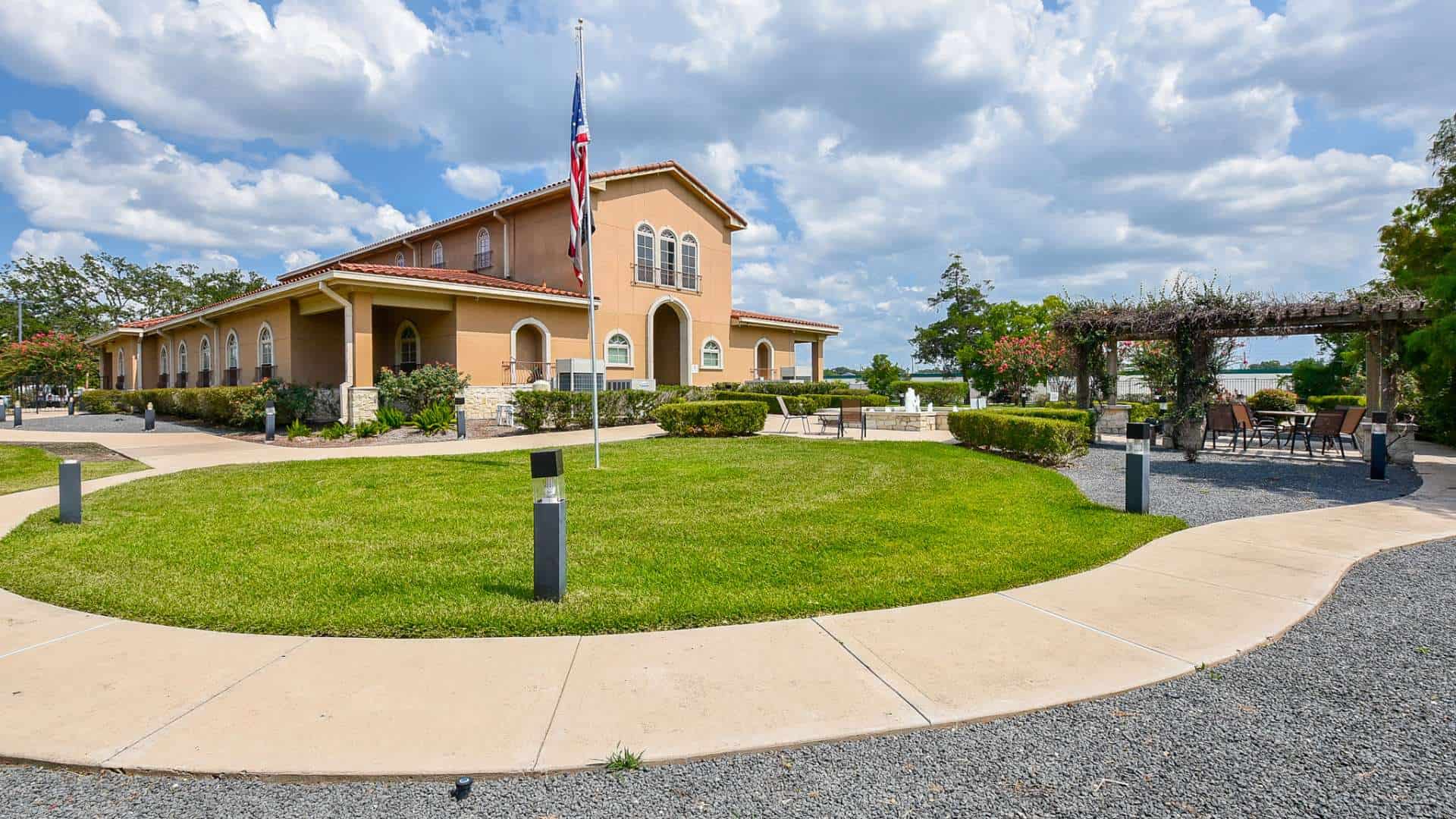
Virtue Recovery Houston, TX - Inpatient Treatment
Virtue Recovery Houston is a premier inpatient rehab center offering residential addiction treatment and medical detox. Our expert team provides 24/7 care, evidence-based therapies, and personalized recovery plans to help you break free from addiction for good.
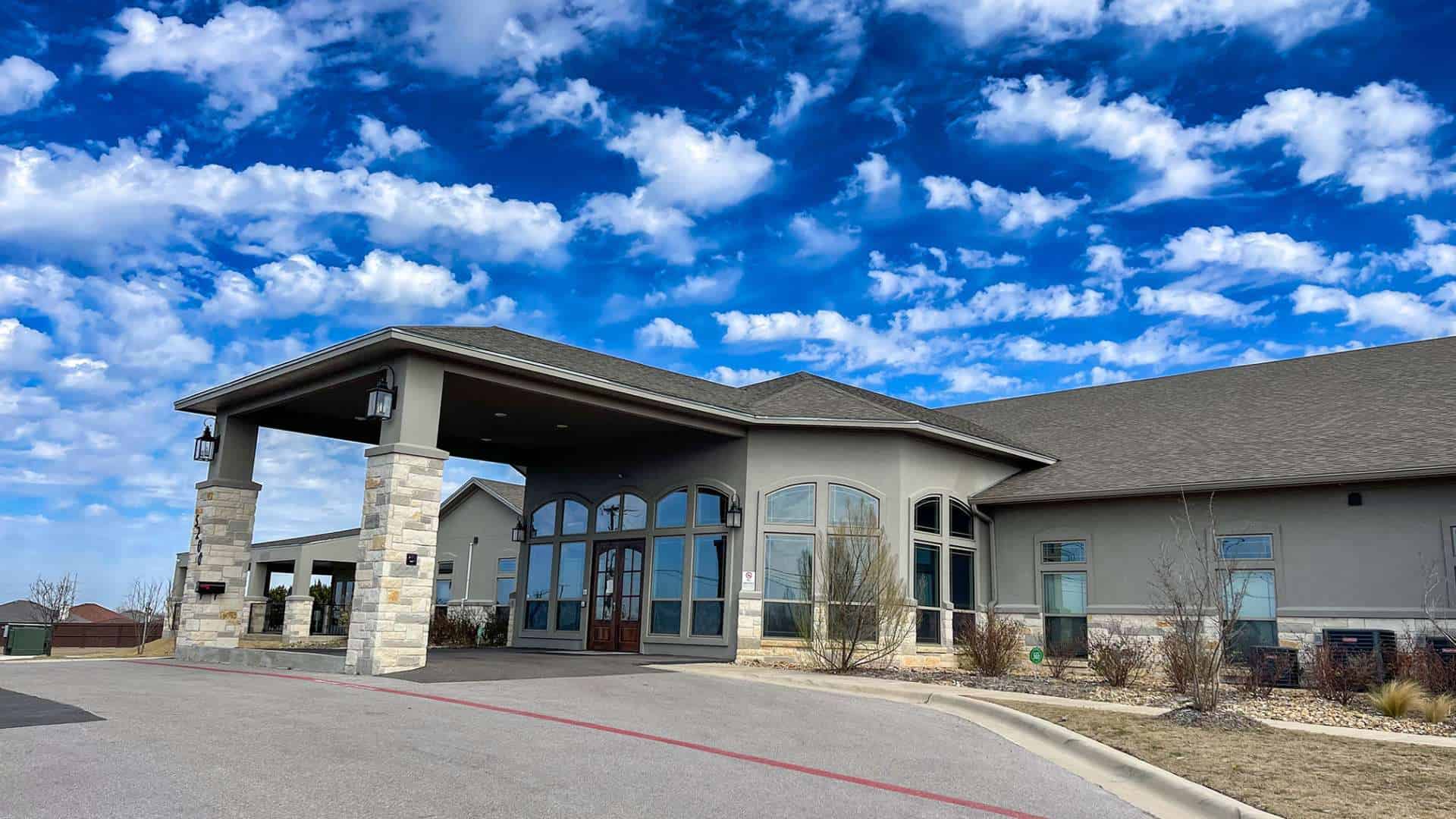
Virtue Recovery Killeen, TX - Luxury Treatment
Break free from addiction in a high-end rehab environment at Virtue Recovery Killeen. We offer inpatient treatments like residential addiction treatment, medical detox, and holistic therapies in a setting designed for healing and long-term sobriety.
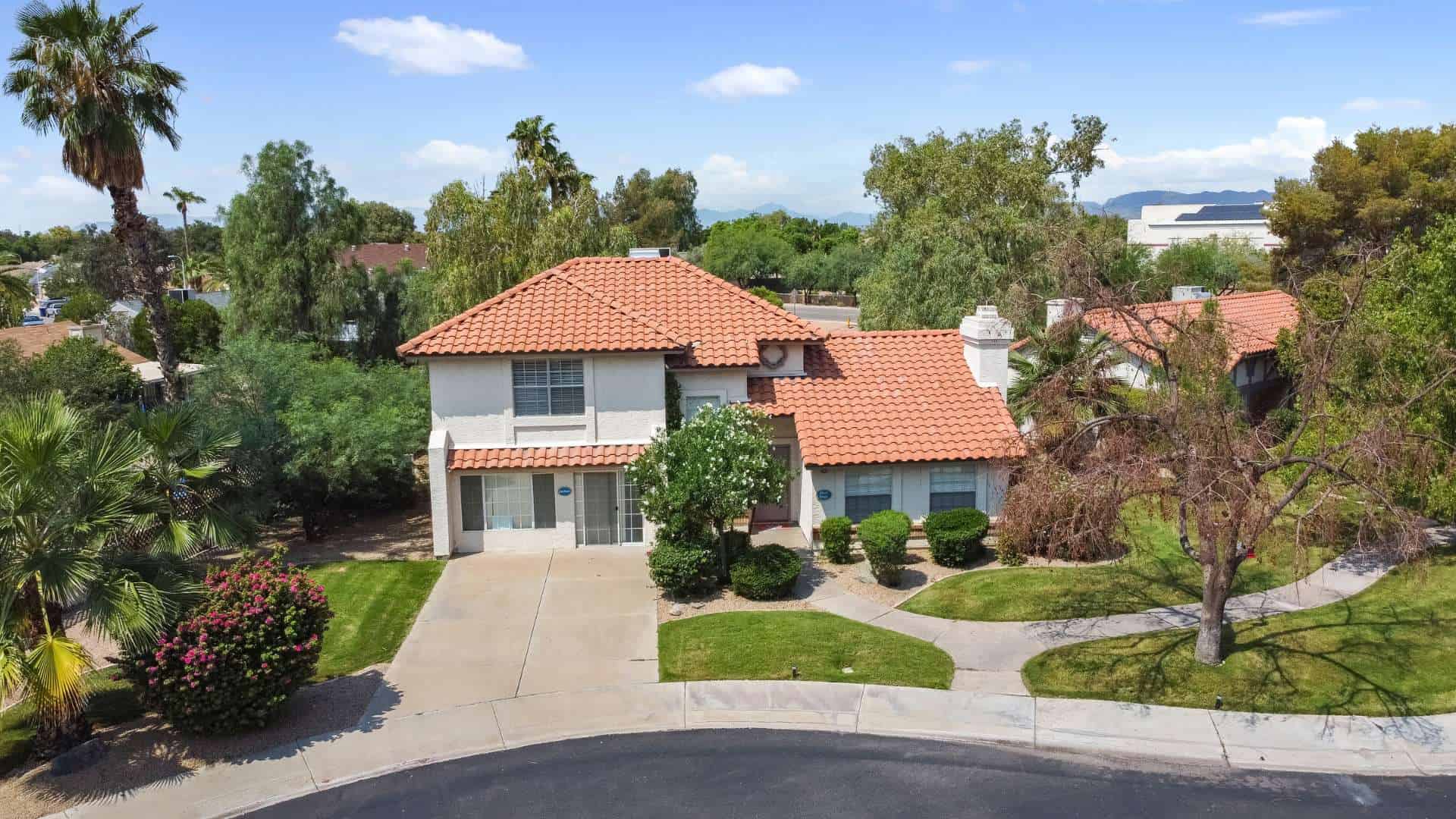
Virtue Recovery Chandler, AZ - Addiction Treatment
Recovery starts in the right environment. At Virtue Recovery Chandler, our inpatient treatment program is housed in a cul-de-sac of comfortable, private homes, allowing for personalized care, 24/7 medical support, and a distraction-free path to healing. We also offer outpatient services nearby in Gilbert.
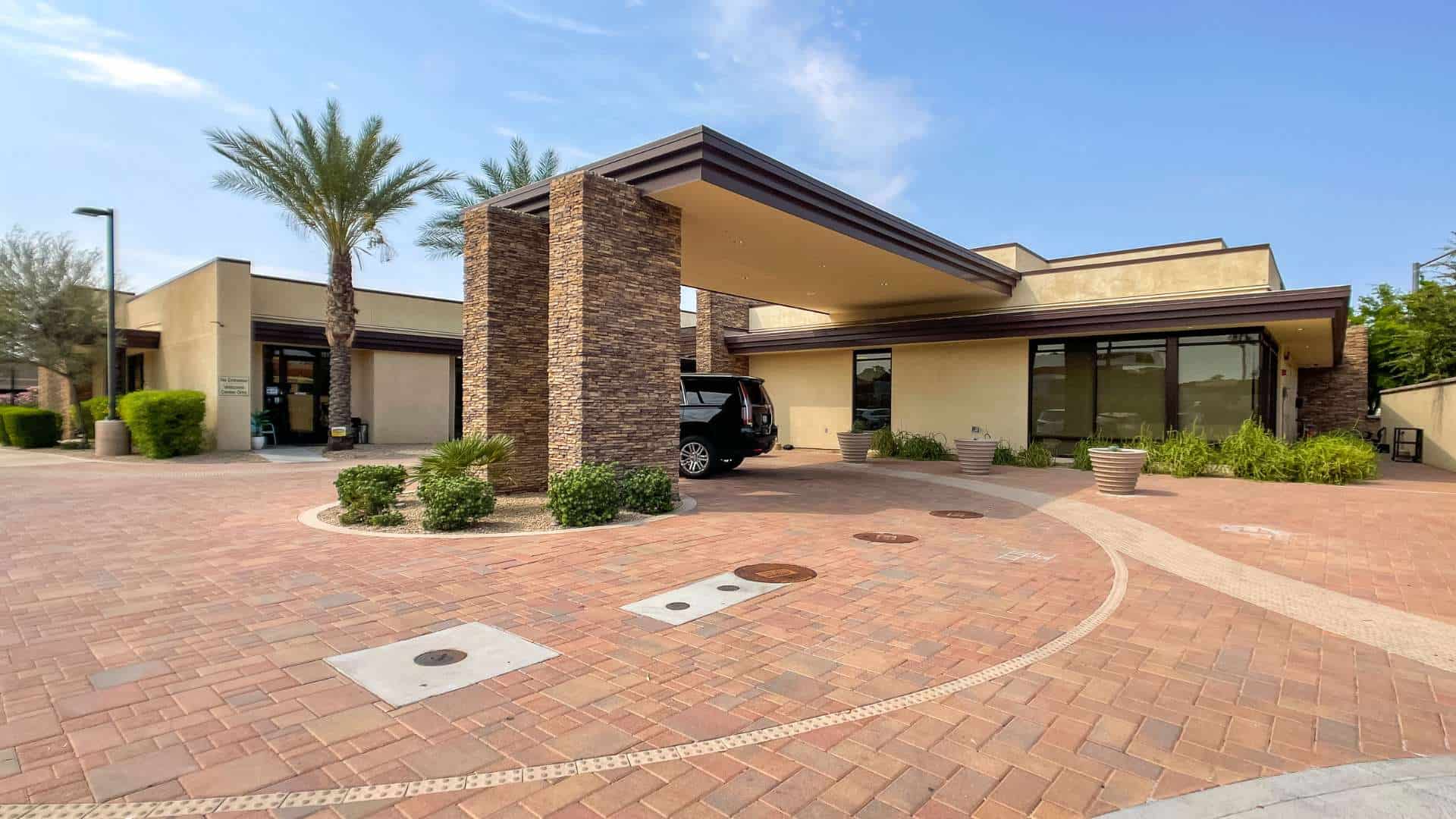
Virtue Detox Sun City West, AZ - Detox Treatment
Virtue Detox Sun City West Arizona is a premier medical detox center, providing 24/7 medical supervision, medication-assisted treatment (MAT), and expert care in a safe, comfortable environment. Detox shouldn’t be a nightmare—we make it manageable, effective, and the first step toward real recovery.
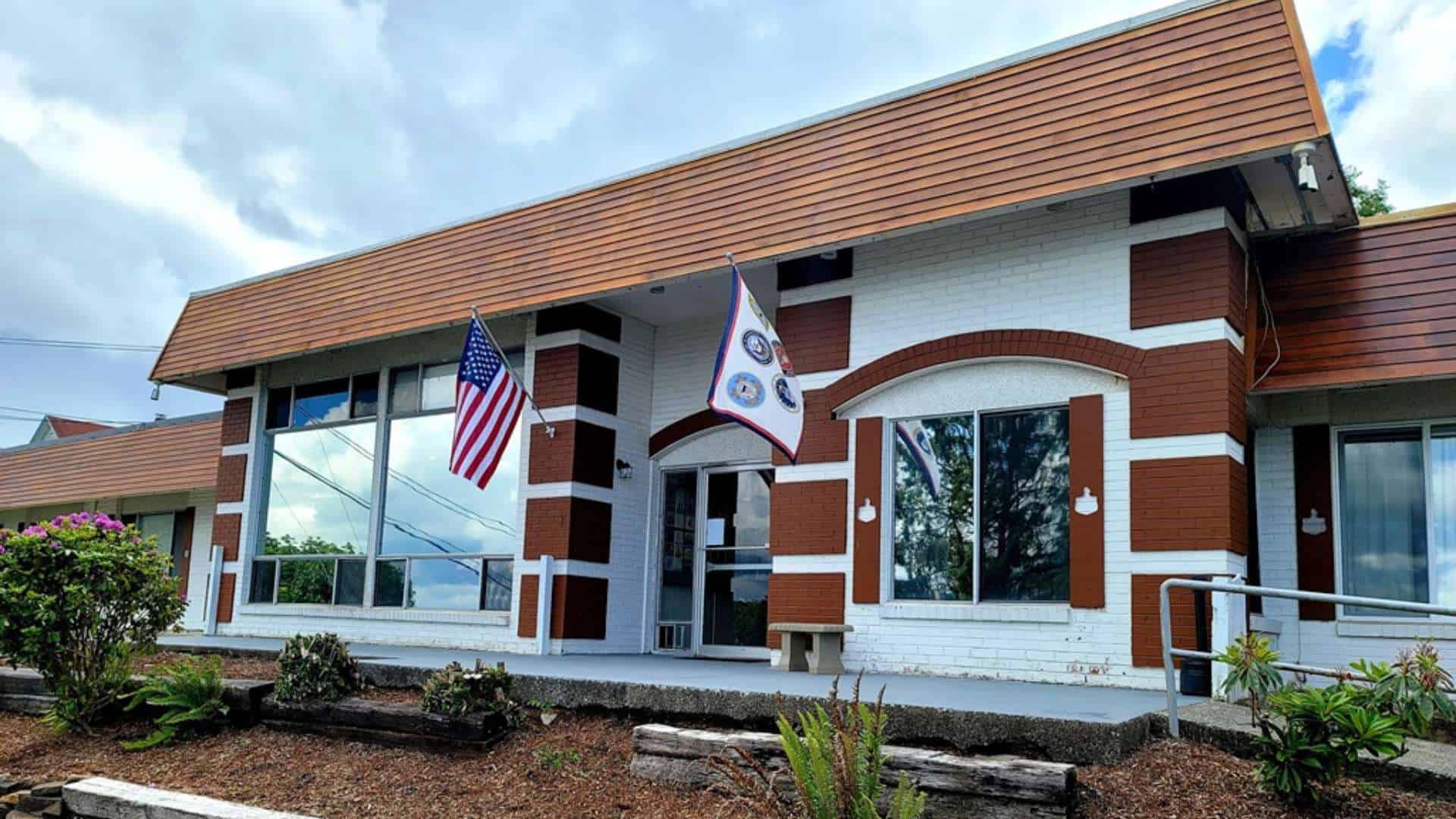
Virtue At The Pointe Astoria, OR - Inpatient Treatment
Located in the stunning Pacific Northwest, Virtue at The Pointe is a top-tier inpatient treatment center in Astoria, OR. We offer 24/7 medical support, personalized therapy, and a highly structured recovery program to help individuals break free from addiction and rebuild their lives. We specialize in Veterans Addiction Treatment.
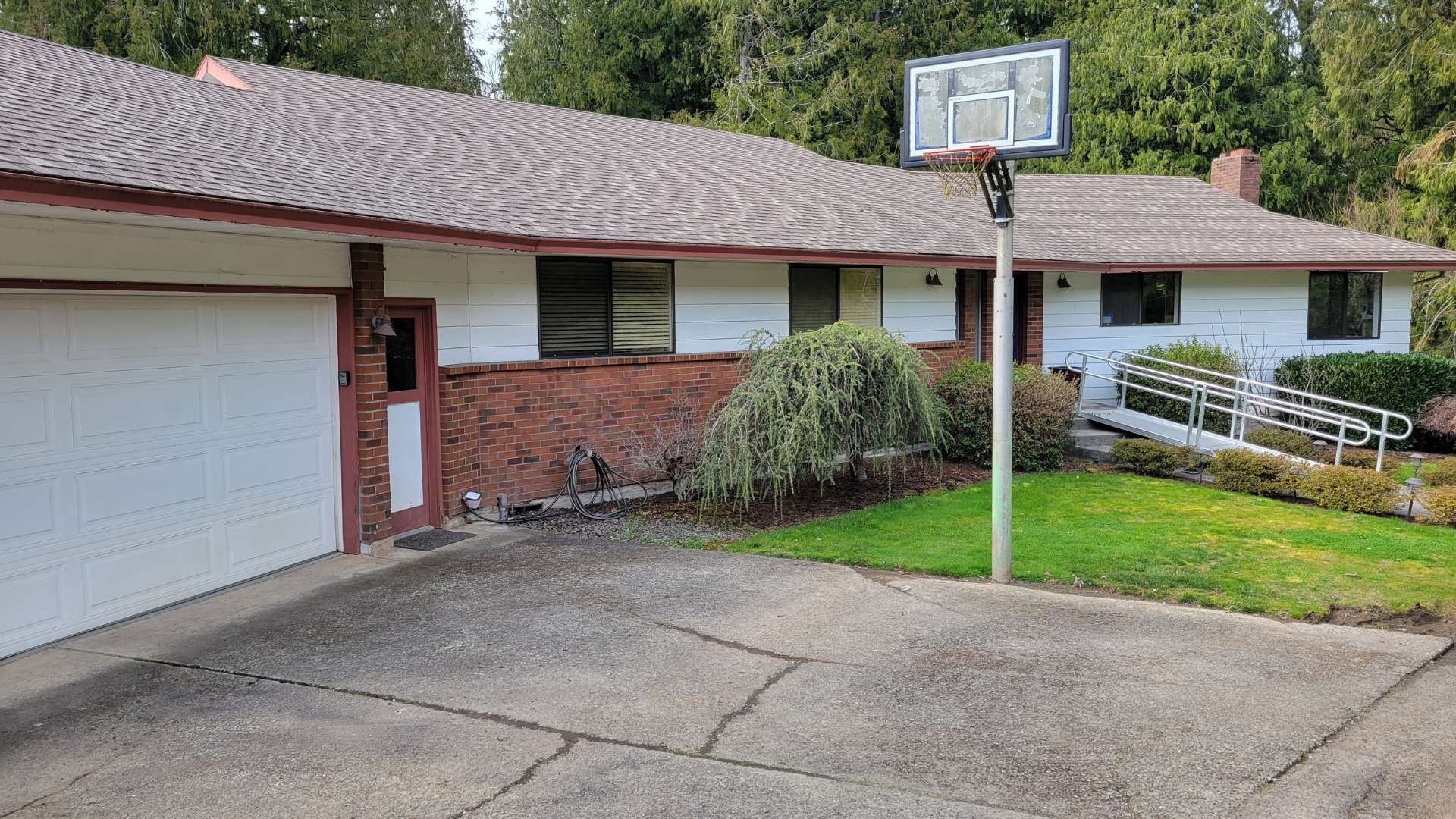
Virtue At The Pointe Milwaukie, OR - Outpatient Treatment
Outpatient treatment that feels like home. Virtue at The Pointe in Milwaukie, OR offers structured addiction recovery in a comfortable, home-like setting. Our converted homes provide a warm, supportive space for therapy, group work, and real-world healing—so you can recover while staying connected to your life.
Virtue Recovery's Treatment Programs

Medical Detox
A medically supervised process to safely manage withdrawal symptoms during the initial phase of addiction recovery.

Residential Treatment
A structured, 24/7 therapeutic environment for individuals recovering from addiction, eating disorders, or co-occurring conditions.

Intensive Inpatient Program (IIP)
A comprehensive, round-the-clock treatment plan offering medical, psychiatric, and therapeutic care for severe addiction or eating disorders.

Partial Hospitalization Program (PHP)
A highly structured day program providing intensive treatment for addiction and eating disorders while allowing clients to return home at night.

Intensive Outpatient Program (IOP)
A flexible treatment option that includes group therapy, individual counseling, and support for those transitioning from inpatient care for addiction or eating disorders.

Medically-Assisted Treatment
A therapeutic approach for substance use disorders that combines FDA-approved medications with counseling and behavioral therapies.

Holistic Treatment
An integrative treatment model that addresses mind, body, and spirit through therapies such as yoga, meditation, and nutrition in addiction recovery.

Trauma-Informed Recovery
A compassionate approach to addiction and eating disorder treatment that prioritizes safety, empowerment, and healing from past trauma.

Court-Ordered Treatment
A legally mandated program designed to help individuals meet judicial requirements while addressing substance abuse or mental health issues.

Aftercare Treatment
A continuation plan that supports long-term recovery through ongoing therapy, support groups, and relapse prevention strategies.

Ongoing Support
Community-based and professional resources that help individuals sustain their recovery journey beyond formal treatment.

Sober Living
A supportive, substance-free living environment that fosters independence and accountability for those transitioning from treatment to everyday life.

Alumni Program
A structured support network that keeps former clients connected through events, check-ins, and shared recovery milestones.

Alumni Peer Support
A community-driven initiative where former clients mentor and support each other through shared experiences in long-term recovery.

Ongoing Aftercare Counseling
Continued therapeutic support designed to help clients maintain progress, manage triggers, and prevent relapse after formal treatment ends.

Life Skills Workshop
A practical program focused on developing essential skills like budgeting, communication, time management, and healthy routines for life after treatment.






